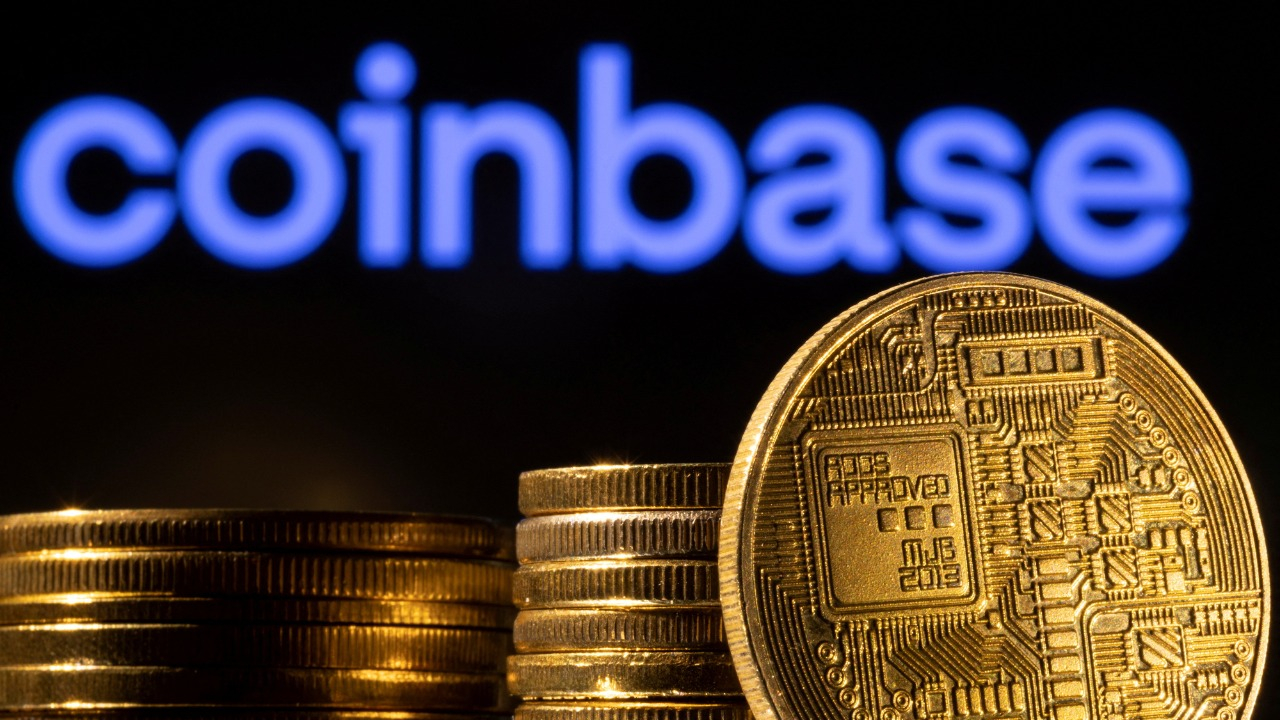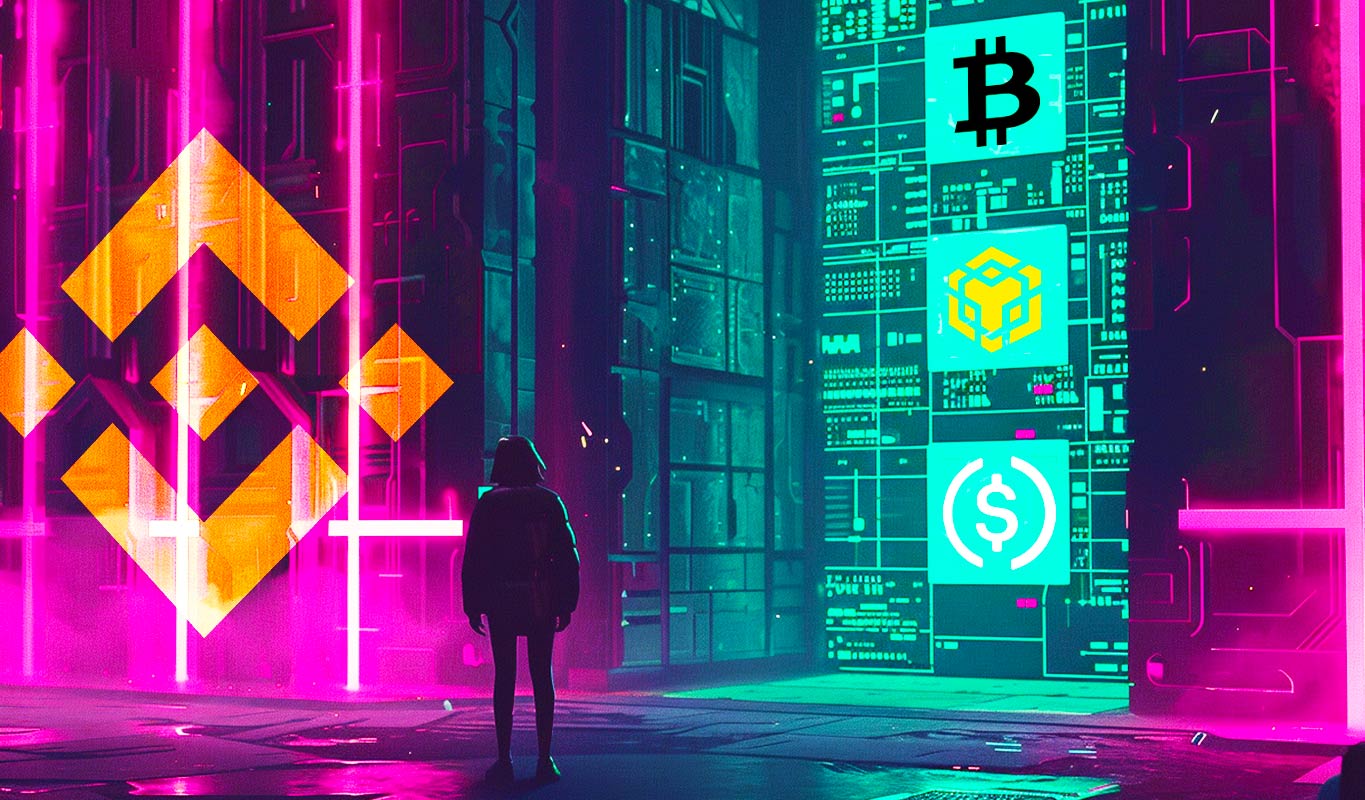Binance, the world’s largest cryptocurrency exchange, is once again in regulatory hot water. According to a Reuters report, the crypto exchange continued to handle client trades in Iran despite U.S. sanctions and a company prohibition on doing business there. The investigation discovered that crypto traders evaded the ban by using its service.
Binance grew in popularity among Iran traders amid U.S. sanctions
For decades, the United States has had an advantage in global sanctions. In 2018, the Super Power reinstated sanctions lifted three years earlier as part of Iran’s nuclear agreement with super powers. That November, the exchange informed Iranian traders that it would no longer serve them. The exchange encouraged its customers to sell their accounts.
However, seven traders told Reuters that they evaded the ban. The traders said they kept using their accounts until September 2021. Customers could trade until a month earlier, when the exchange increased its AML checks and suspended trading for those without an email address.
Beyond those who Reuters interviewed, Eleven people in Iran said on their LinkedIn profiles that they too engaged in crypto trading at the exchange after the country’s 2018 cryptocurrency ban. None of them responded to inquiries. The company was aware of the exchange’s popularity in Iran. According to 10 messages obtained by Reuters, top Binance executives were aware of and made light of the exchange’s ever-growing number of Iranian customers.
The entity has not commented on whether it will continue to service Iran. In a blog post published in reaction to Western measures against Russia, the company said it strictly follows international sanctions. It added that it had formed a worldwide compliance task force, including world-renowned sanction and law enforcement experts.
Binance implemented “banking grade tools” to prevent prohibited persons or organizations from using its service, according to the exchange. Additionally, Iran’s mission to the United Nations in New York did not respond to a request for comment. According to seven lawyers and sanctions experts at Reuters, Iranian trading on the platform could pique the interest of U.S. regulators.
Binance’s compliance checks were described as “weak” in January, according to reports. This is despite the concerns of certain senior company officials. Interviews with prior senior personnel, internal communications, and correspondence with national regulators were used to collect evidence.
Following the allegations, the exchange claimed to be raising industry standards. The new reporting from Reuters depicts a different side of the compliance coin. For the first time, crypto investors can observe how Binance’s compliance program lacks, allowing sanctioned traders access to its platform.
The cryptocurrency exchange has been gaining in popularity. This year, Zhao, better known as C.Z., extended his business to conventional businesses. Musk’s proposed acquisition of Twitter received a $500 million boost from Zhao. Musk has since announced that he is withdrawing from the agreement. Last month, the exchange hired Cristiano Ronaldo, a Portuguese soccer player, and businessman, to promote NFTs.
Will the crypto exchange face legal penalties?
However, there is a caveat to the restrictions. Binance has a holding company in the Cayman Islands. It claims that it does not have a single headquarters. However, it does not provide information on who runs its main Binance.com exchange, which does not take customers from the United States.
Because of this, U.S. customers are directed to a separate exchange called Binance. U.S. The exchange is ultimately controlled by its founder and CEO Changpeng Zhao, according to a 2020 regulatory filing.
According to attorneys, this structure means the exchange is immunized against direct U.S. sanctions that ban U.S.-based businesses from conducting business in Iran. This is because the traders in Iran utilized Binance’s main exchange, which isn’t a U.S. company. However, Binance runs the danger of what is known as “secondary sanctions.”
Secondary sanctions target foreign companies that do business with sanctioned entities or contribute to Iranians evading the U.S. sanction regime. Secondary sanctions can also obstruct a firm’s access to the United States’ financial system by imposing fines, revoking licenses, and restricting bank transactions.
Binance’s exposure is solely dependent on whether sanctioned parties used the platform. It also considers if Iranian customers avoided the U.S. trade embargo due to their transactions. There’s no evidence that sanctioned people used Binance. When asked about Iranians using Binance, a spokesperson for the U.S. Treasury declined to comment.
Traders have looked to VPNs for survival as a result of China’s restriction on crypto and the existence of several economic sanctions imposed on economically distressed nations. This is precisely what is happening in Iran. Binance itself had previously backed the use of VPNs.
In June 2019, Zhao, Binance’s CEO, tweeted that virtual private networks (VPNs) were “a necessity, not an option.” He deleted the statement by the end of 2020. When asked about the tweet, Binance declined to comment. In July 2020, Binance published a “Beginners’ Guide to VPNs” on its website.
In general, Zhao was aware of crypto users circumventing Binance’s restrictions. In November 2020, he stated that users find clever methods to get around our blocks from time to time, and traders need to be smarter about how we block. Is Binance oblivious to what’s going on in Iran, and if so, will the company take no responsibility for its users’ circumvention of sanctions? Will Binance be held liable in court for the Iranian trading fiasco?





